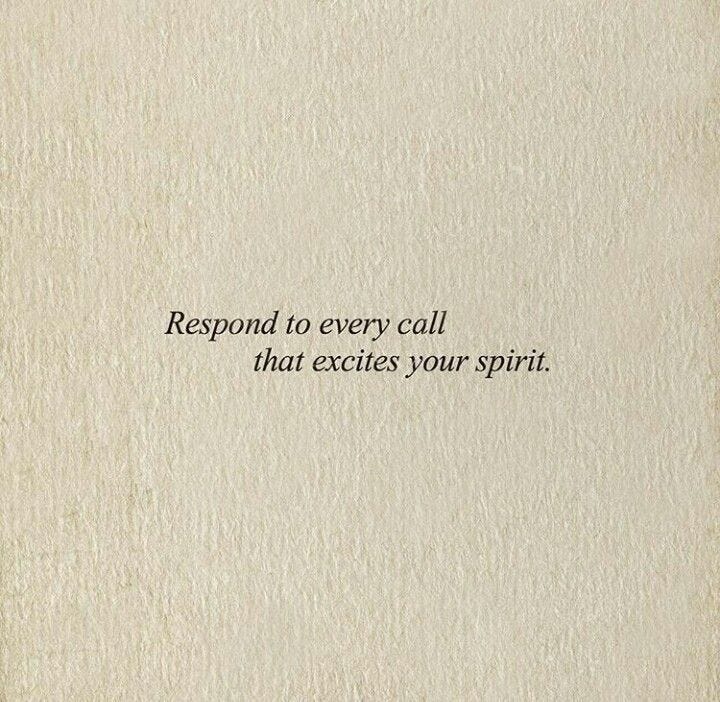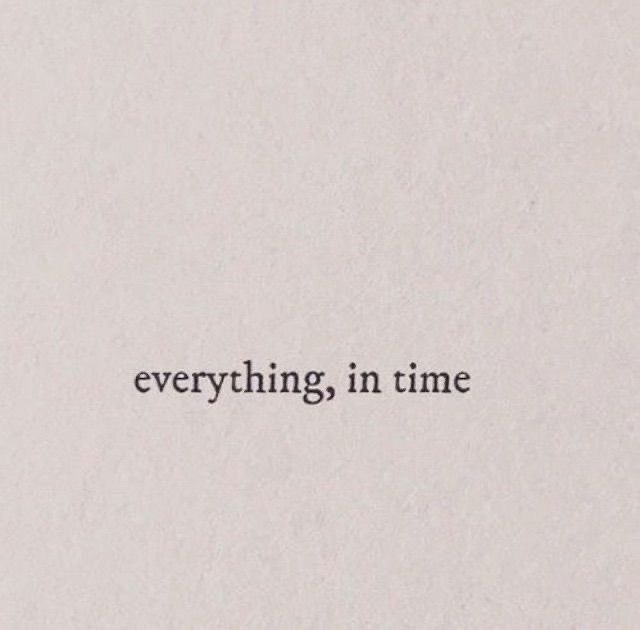Ten Steps To Being Who You Needed When You Were Younger
A trauma-informed, IFS-inspired list for stepping into Self-leadership and adult consciousness after childhood trauma
As an adult, you have the ability to provide for yourself the missing ingredients of safety, connection, and support that were missing when you were a child. When you can nurture and care for the young parts of you with your actions, you embody what’s called Self-leadership in Internal Family Systems Therapy (IFS) and adult consciousness in the NeuroAffective Relational Model (NARM). Here is a list of actions you can take to show up for younger you as the adult you needed back then.
1. Show up for yourself.
Invest in your talents, believe in your dreams, and say yes to what sets your soul free. Your passion and purpose matters. You only get one precious life. Reclaim the curiosity and innocence of your child self who was moved by adventure, art, and the sacred before she or he was mocked, belittled, or neglected. You're allowed to receive joy and take a stand for your gifts and interests.
2. Be a boundary badass.
Communicate your needs with clarity and confidence. Stop apologizing for owning what’s okay and not okay for you. Remember that younger you didn’t have a choice when boundaries were overridden or stepped on but the adult you has autonomy and the ability to make empowered decisions. If making requests and setting boundaries are hard for you, make scripts ahead of time and rehearse them until they feel natural. Setting boundaries is a practice and it will get easier the more that you use your voice.
3. Validate your own feelings.
Learn to stop looking outside of yourself for validation of emotions and perspectives that others can't completely understand. What's important is that you understand how you feel and what you need. Your child self was reliant on others for validation to meet their needs for connection. You can connect with your mature adult consciousness by practicing inner validation. Learn to say, "I can validate this emotion even if you can't" and watch your confidence develop and calm increase.
4. Learn to ask yourself: what do I think?
My old sponsor used to tell me that what other people thought about me isn’t my business. Mind your p’s and q’s and stop trying to manage what people think about your personality and life choices. You are an adult and you’re entitled to your decisions. Younger you may have learned it was their job to manage other people’s projections but adult you doesn’t have to invest in anyone else’s opinions. When you find yourself obsessing about what someone thinks about you, turn the question around. If your choices are in integrity with your system, take a few breaths and remind your young parts that you are here now and they don’t have to work those old jobs anymore.
5. Don't pretend that toxic behavior is cute, funny, or acceptable.
Don’t laugh when a colleague makes an inappropriate joke about your outfit. Don’t smile when someone makes fun of what you do for a living on a date. You can even be really daring by leaning in and asking them to repeat themselves or questioning why they would say such a thing. When you grow up in environments where adults display toxic behavior, you learn to minimize that behavior through laughter and affection because you don’t have any other options. Children lack the resources to remove themselves from adults who frighten or disturb them but adults don’t have to entertain other inappropriate adults. You can support younger you by reminding yourself that it’s not your job to make someone feel comfortable for things they say that make you uncomfortable.
6. Stop gaslighting yourself for how you feel.
You can name how you feel and trust it. Stop saying “I shouldn’t feel this way” because it’s inconvenient in your job, marriage, or friendship. Don’t abandon your point of view and needs just because it’s not understood or respected by someone else. Claim what’s true for you. You’re entitled to express what you remember. You're entitled to express what you need, even if the other person cant meet that need, doesn’t understand it, or is frustrated by it. When you commit to owning your experience and speaking for your parts, you move from self-abandonment to self-reclamation. You show younger you that they won’t be bypassed again.
7. Be true to your word.
Say no and mean it. Say yes and commit. You build trust with young parts of you when you wed word and action. If you experienced unreliability and inconsistency from caregivers, integrity with your word is one of the most nourishing medicines you can give your system. Follow through on your intentions and commitments and watch younger you experience a greater felt sense of safety.
8. Be patient with your pace and let go of the "shoulds."
Honor your natural pace for walking your path in life. It's okay to slow down and have your own timeline that looks different than anyone else's or even your own initial expectations. Childhood trauma creates a sense of hypervigilance due to experiences of chaos and crisis. You may have learned to seek refuge in achievement, ambition, and perfectionism to prevent the rug from being pulled out from under you again. Slowing down feels threatening to a hypervigilant nervous system but young parts stuck in overdrive need this reminder. You can take your time. You can move through life in a way that is sustainable and pleasurable.
9. Get your own therapist and stop being everyone else’s.
A special shout out to my fellow parentified adult children: stop therapizing your friends, family, and dates. Providing free therapy looks being a free-venting, trauma-dumping zone. Stop playing rescuer to broken people and place some boundaries around your emotional capacity. You may have been used to playing emotional caretaker or interventionist in your family of origin, but you don't have to carry this pattern into your adult relationships. You deserve relationships that are reciprocal and respectful.
10. Say yes to rest, play, and pleasure.
Your embodied experience of joy and calm nourishes your nervous system and heals your child self. If you grew up stressed out and surrounded by other people's chaos, your core needs for regulation and connection most likely weren't met. Learning to sink into deep rest, enjoy fun activities, and practice doing what makes your body feel good are all gestures of nurture for your child self. Let yourself receive nourishment.
About Me:
Hi, I’m Sarah.
I am an IFS trauma therapist, parts work mentor, writer, yoga teacher, wife, and mother. I help you become who you needed when you were younger with parts work and inner parenting. My mission is to help people embody the wisdom of their whole self after trauma and parentification. You can find me on Instagram, where I share musings on complex trauma recovery and integrated motherhood with over 100,000 followers, as well as on my Substack journals Whole Self and Integrated Motherhood.
Apart from my professional work, I know what it’s like to walk the nonlinear path of trauma and addiction recovery. I offer understanding and support to those living lives and creating families that contradict childhoods where they felt unsafe and unseen.
My journey of post-traumatic growth has shown me the power of getting into relationship with my parts rather than trying to change them, and developing curiosity and kinship with my inner world as I integrate all the parts to be found there. As you navigate your journey of parts work and trauma recovery, remember that healing is always possible for your parts, and your parts make perfect sense and love you fiercely.
Here’s how you can connect with my work further:
Support the journal by subscribing. Consider being a paid subscriber to get access to exclusive posts and offerings. If that’s not feasible right now, consider sharing the journal with someone else or leaving a comment!
Apply for IFS coaching & parts work mentorship — for post-traumatic growth, creative reclamation, and relational intimacy. I am especially passionate about supporting creatives, helping professionals, mothers, couples, and folks in long-term trauma and addiction recovery.










These are great! Thanks for sharing.🙏🏻
Much appreciated by my now self and my child self 💕